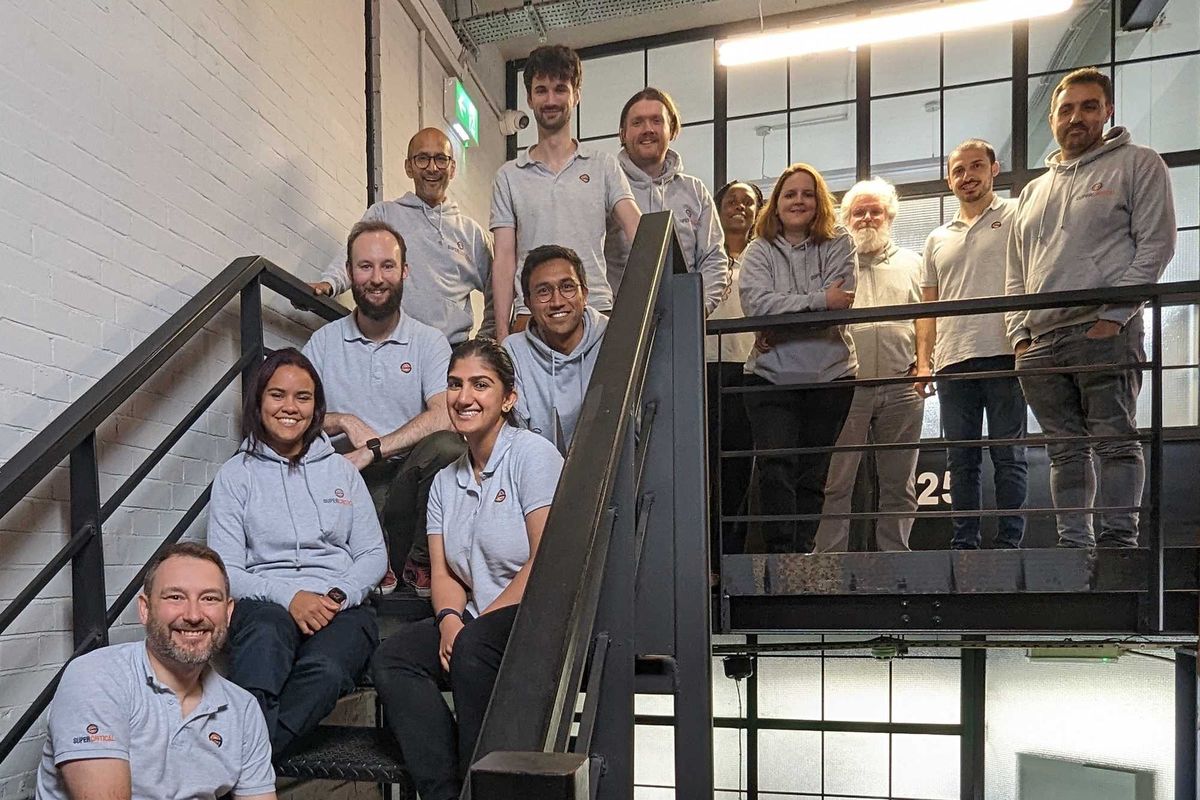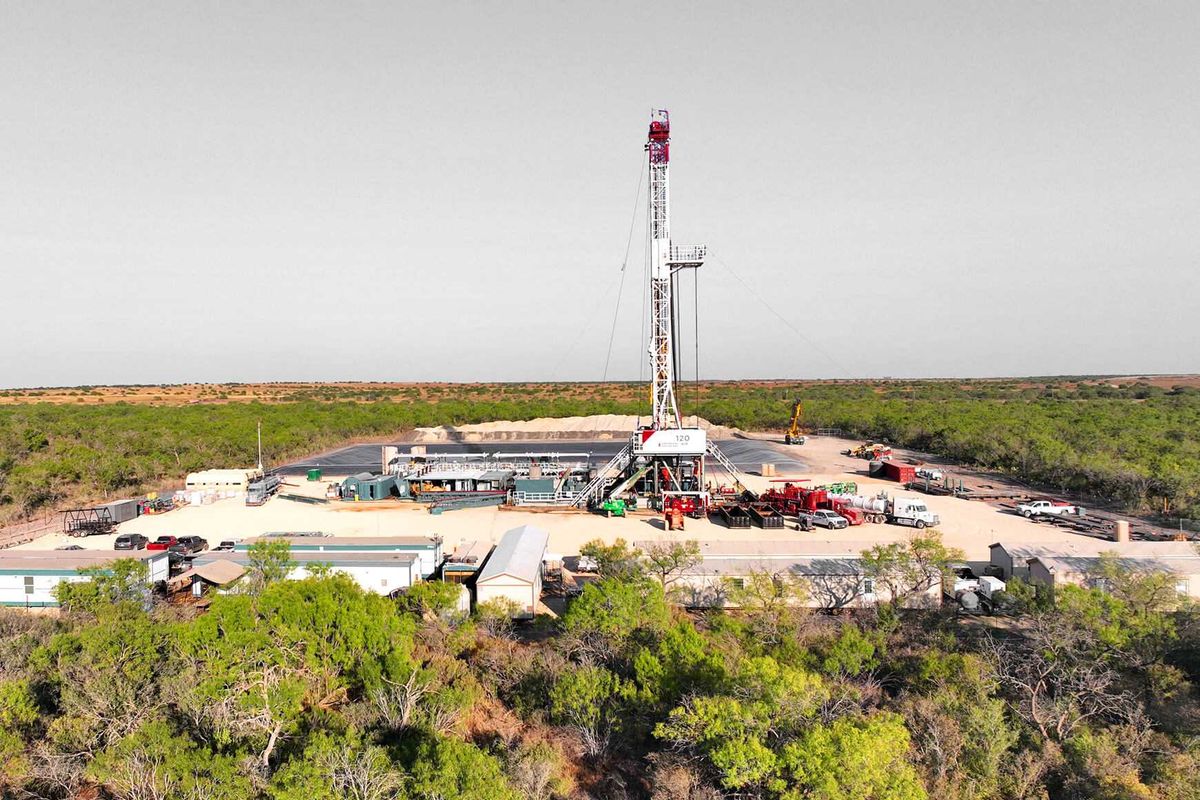City of Houston, METRO reveal autonomous shuttle, zero-emission initiatives
better busses
Houston and METRO took the latest step towards transforming the city into a leader in innovative and eco-friendly transportation.
Mayor Sylvester Turner unveiled METRO's new autonomous shuttle, FutureLink. The vehicle a fully autonomous zero-emission shuttle that can operate on city streets between Texas Southern University and METRO's Eastwood Transit Center. The level 4 zero-emission shuttle bus can seat 14 passengers and up to two wheelchairs.
FutureLink is part of the second phase of METRO's autonomous vehicle testing program.
"FutureLink represents the intersection of innovation and sustainability," says Mayor Turner in a news release. "METRO continues to pioneer change and today, we celebrate METRO's commitment to advancing our city's vision for the future in which transportation is safe, equitable, and resilient."
METRO's electric bus was also on display at the event, which is part of its fleet of zero-emission vehicles that align with the city's Climate Action Plan working towards a greener future.
"At METRO, we believe that innovation and sustainability are not just responsibilities, but opportunities to create a better tomorrow," METRO Board Chair Sanjay Ramabhadran says in a news release. "We are passionate about building a thriving, livable, and equitable future for the Houston region, and we are working hard to make it a reality for generations to come."
The project was funded by the Federal Transit Administration through its Accelerating Innovative Mobility program. Phase 2 of the pilot program is expected to run through October 2024, with a final report aiming for March 2025.
Earlier this month, the city approved funding for an EV rideshare service. The $281,000 of funding went toward the expansion of free electric vehicle rideshare services in communities that are considered underserved by utilizing services like RYDE and Evolve Houston.






 The basement includes 18 works of art that each are an "ode to Houston." Photo via houstontx.gov
The basement includes 18 works of art that each are an "ode to Houston." Photo via houstontx.gov The new space includes training facilities.Photo via houstontx.gov
The new space includes training facilities.Photo via houstontx.gov Cigna donated a wellness center as a part of the renovation. Photo via houstontx.gov
Cigna donated a wellness center as a part of the renovation. Photo via houstontx.gov



